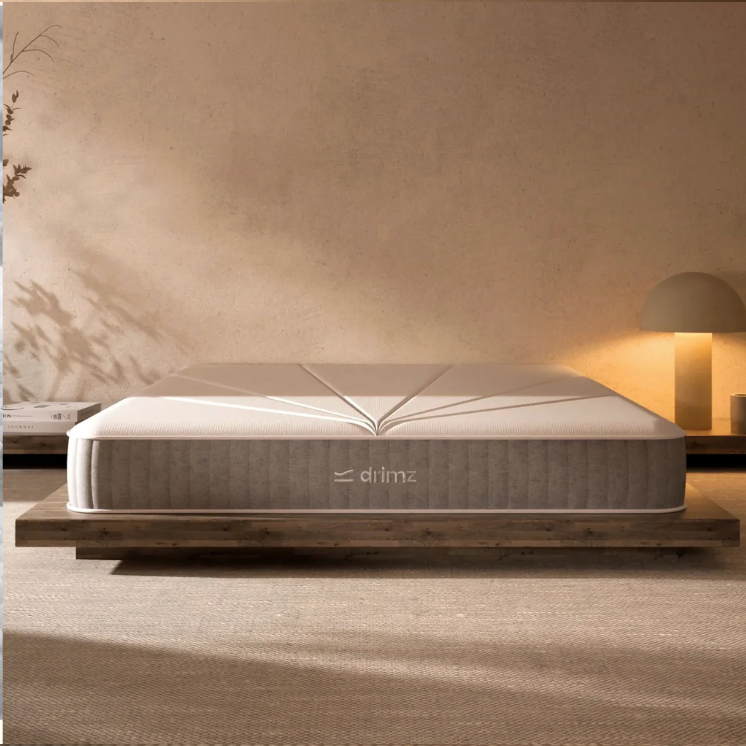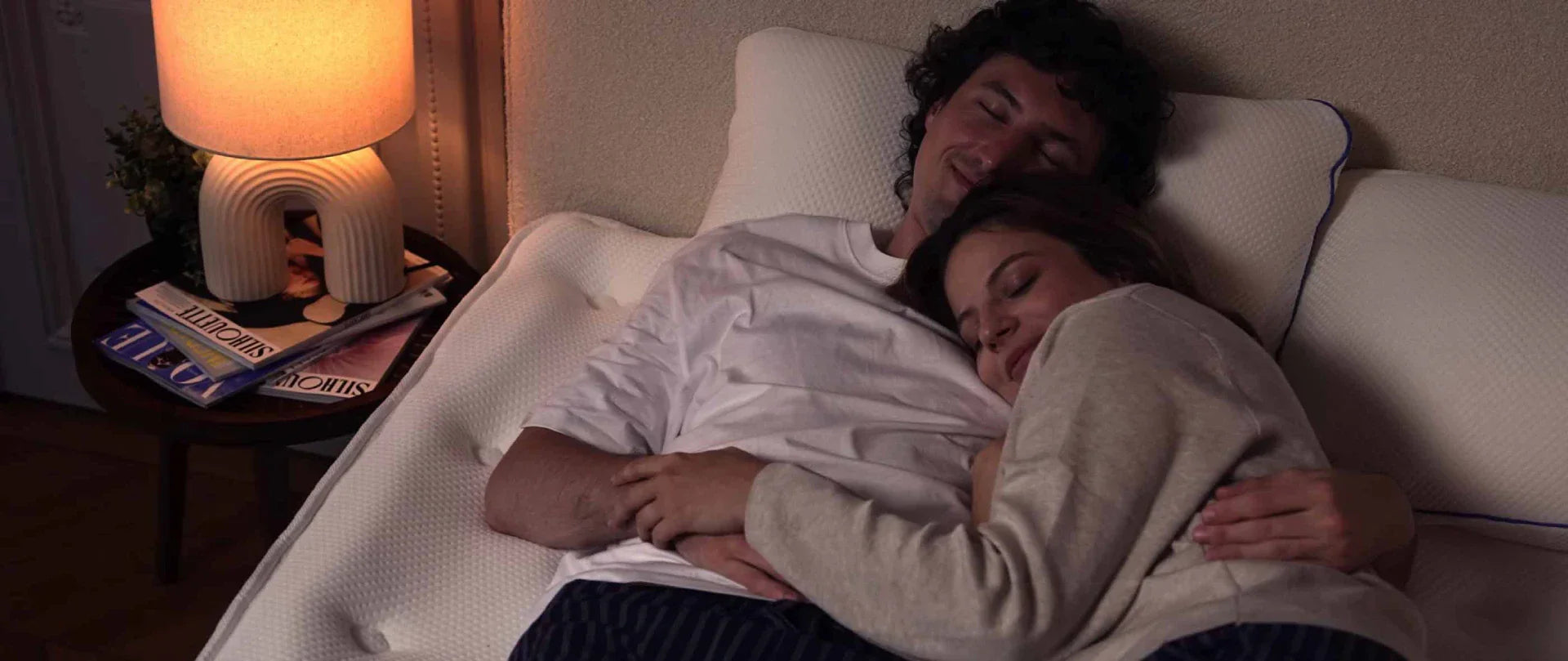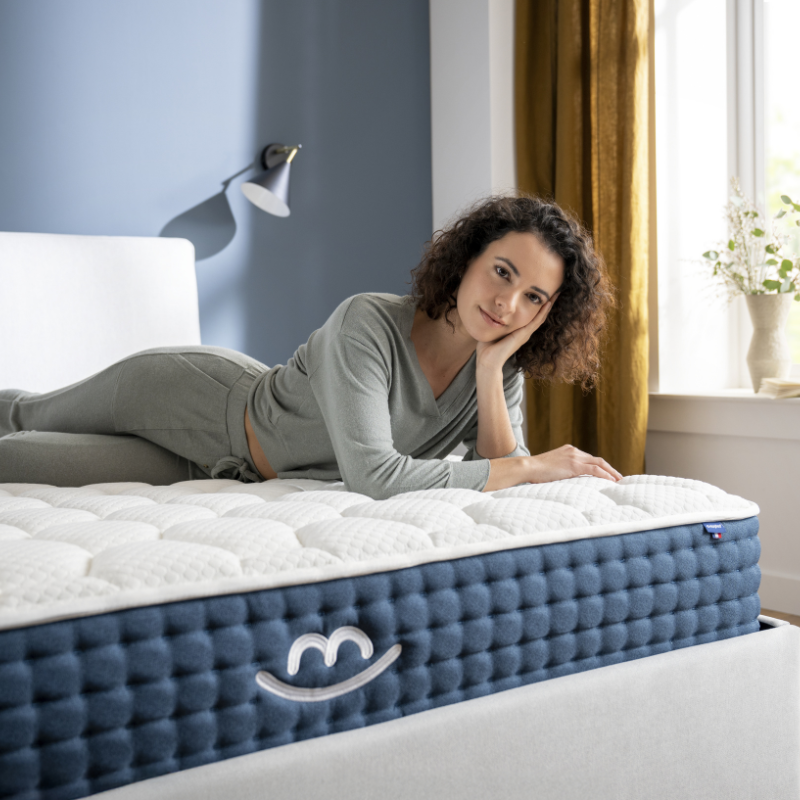
Among the many things that can disrupt your sleep and circadian rhythm in the middle of summer, there are, of course, time zone changes when you go on vacation. To limit the impact on your sleep and overall well-being, it's essential to prepare your body for these time zone changes. In this article, we'll explore seven well-known and scientifically proven tips to help you prepare your body for the various time zone changes in summer.
Adjust your sleep schedule before travel
If you know you'll be traveling and changing time zones, it's best to start adjusting your sleep schedule a few days before departure to help your body get used to the changes. If possible, gradually shift your bedtime and wake-up times to match your destination's time zone. This will help your body adjust to the new rhythm more easily.
Take the time to expose your body to natural light
As you may know, natural light is a powerful synchronizer for our biological clock. When you arrive at your destination, expose yourself to natural light during the day. Go outside and do outdoor activities to stimulate your body and help it adjust its circadian rhythm to the new environment you're in.
Avoid long naps as much as possible.
When you arrive in a new time zone, it can be tempting to take a nap to combat fatigue. However, prolonged naps aren't always a great idea and can disrupt your ability to fall asleep at night. So, limit naps to short periods as much as possible and avoid napping too late to help you adjust to the new sleep schedule.
Avoid stimulants and eat a balanced diet
Although it's already highly recommended on a daily basis, a balanced diet and limited consumption of stimulants will help your body adapt to the new sleep pattern. Stimulants like caffeine and alcohol can affect your sleep and make it harder to adjust to changing time zones. Avoid these substances before bedtime to promote better quality sleep. Additionally, eating a balanced and light diet, avoiding large meals and heavy foods that can disrupt your digestion and sleep, is a very good idea.
Create an environment conducive to sleep
When you arrive in a new environment, make sure your bedroom is conducive to sleep. Use blackout curtains or sleep masks to block outside light if necessary. Also, control the room temperature for optimal comfort and use relaxation techniques, such as meditation or deep breathing, to promote restful sleep and faster falling asleep. If it's warm in the room you're sleeping in, try Sheetali's cooling breath . It will help regulate your body temperature to fall asleep faster. Also, check out all our tips for falling asleep in less than 10 minutes .
Adopt regular physical activity
Engaging in regular physical activity while on vacation can help regulate your circadian rhythm and make it easier to adjust to changing time zones. Exercise during the day to stimulate your body and improve your sleep quality at night. However, avoid overly intense sessions right before bedtime, as this can have a stimulating effect on your body and make it harder to fall asleep.
Use melatonin supplements
Melatonin is the natural hormone that regulates your sleep-wake cycle. When traveling and experiencing time zone changes, using melatonin supplements may help adjust your body clock and make it easier to fall asleep. However, be sure to consult a healthcare professional for dosage and proper use of this type of supplement.
By following these tips, you can prepare your body and sleep for the time zone changes during your summer vacation. By gradually adjusting your schedule before the trip, exposing yourself to natural light, avoiding long naps, eating a balanced diet, creating a sleep-friendly environment, engaging in regular physical activity, and possibly using melatonin supplements, you can facilitate your adjustment and fully enjoy your trip, getting quality, restful sleep, wherever you are.





5 Natural Tips to Keep Insects Away and Enjoy a Peaceful Sleep During the Summer
10 Ingenious Ideas to Maintain a Comfortable Temperature in Your Bedroom During the Summer